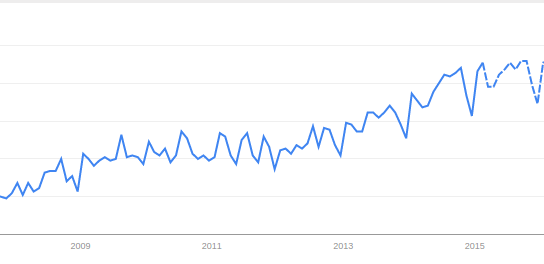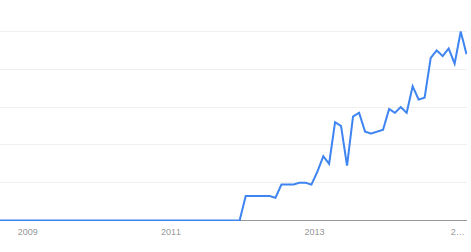Computing jobs are becoming more specialised with each passing day. From basic computing skills to multi-disciplinary computing knowledge – the world of computer professionals has come a long way. Topping the charts in computing job portals is Data Science, a field that requires special skill sets. Data Science comprises of different processes which give rise to positions like Data Engineers, Analysts and Scientists. Though all these positions deal with data as the core subject, there are marked differences in the requirements and skills needed for each one. If you are looking to become either a Data Scientist or a Data Analyst, or planning to hire one for your business, you need to know the difference between the two.
Data Scientist – What do they do?
Mathematics, Statistics, Computer Applications and Modelling, along with an in-depth knowledge of business – these are the skill sets required to become a Data Scientist. Understanding a business problem and finding solutions utilising the data available is the major part of this job. In addition, Data Scientists are also required to possess good communication and presentation skills as they deal with both IT and non-IT professionals within the business group. However, one of the biggest roles of the Data Scientist is to analyse current and past data and create scenarios for the future. These scenarios help the business in decision making, planning and executing the future course of action.
The term Data Scientist encompasses different roles. These roles are based on the skill sets and could be specialised as Data Developers, Data Researchers, Data Creative or Data Business people. However, what is common amongst all of them is a thorough knowledge of utilising data in a business environment.
Data Analyst – a Crucial Link.
A Data Analyst is a crucial part of Data Science. Working at collecting and organising the data available, the Data Analyst draws statistical information out of this data and builds them into various models comprising of tables, charts and graphs. They are responsible for utilising data from different aspects of the business and putting them together too. The major difference between a Data Analyst and a Data Scientist is that the Data Analyst is not required to project future scenarios.
Based on their skill sets, a Data Analyst could specialise as a Data Administrator, a Data Architect, Analytics Engineer or Data Operations expert. Each one of these roles are crucial and an integral part of Data Science.
Qualification Required:
Though the basics are the same, the different qualifications required to become a Data Scientist or a Data Analyst are as under:
Data Scientist:
- A strong base in Maths, Statistics, data mining, data correlation and predictive analysis.
- In-depth knowledge of analytical functions and their use.
- Knowledge and familiarity with database systems like Hive and MySQL.
- Comfortable working with Python, Java, MapReduce job developments etc.
- An insight into statistical analysis and machine learning like Clustering, Bayesian etc.
- Knowledge of ‘R’ is an added bonus.
Data Analyst:
- Knowledge and familiarity with business intelligence concepts.
- Knowledge of data storing and skilled at data retrieving.
- High level of familiarity with data warehousing.
- Analytics and SQL knowledge.
- Knowledge and familiarity with ETL tools.
- In-depth understanding of Hadoop based analytics like Hive, Impada etc.
- Understanding and familiarity with data architecture tools and components.
Demand Trends for Data Analysts:

Demand Trends for Data Scientists:

Average Salary for Data Scientists and Analysts:
According to Indeed.com, given below is the average salary for a Data Scientist and a Data Analyst.

Although there are many differences between the two positions, both are crucial and an integral part of Data Science; and neither can function in isolation from the other.
All the best!